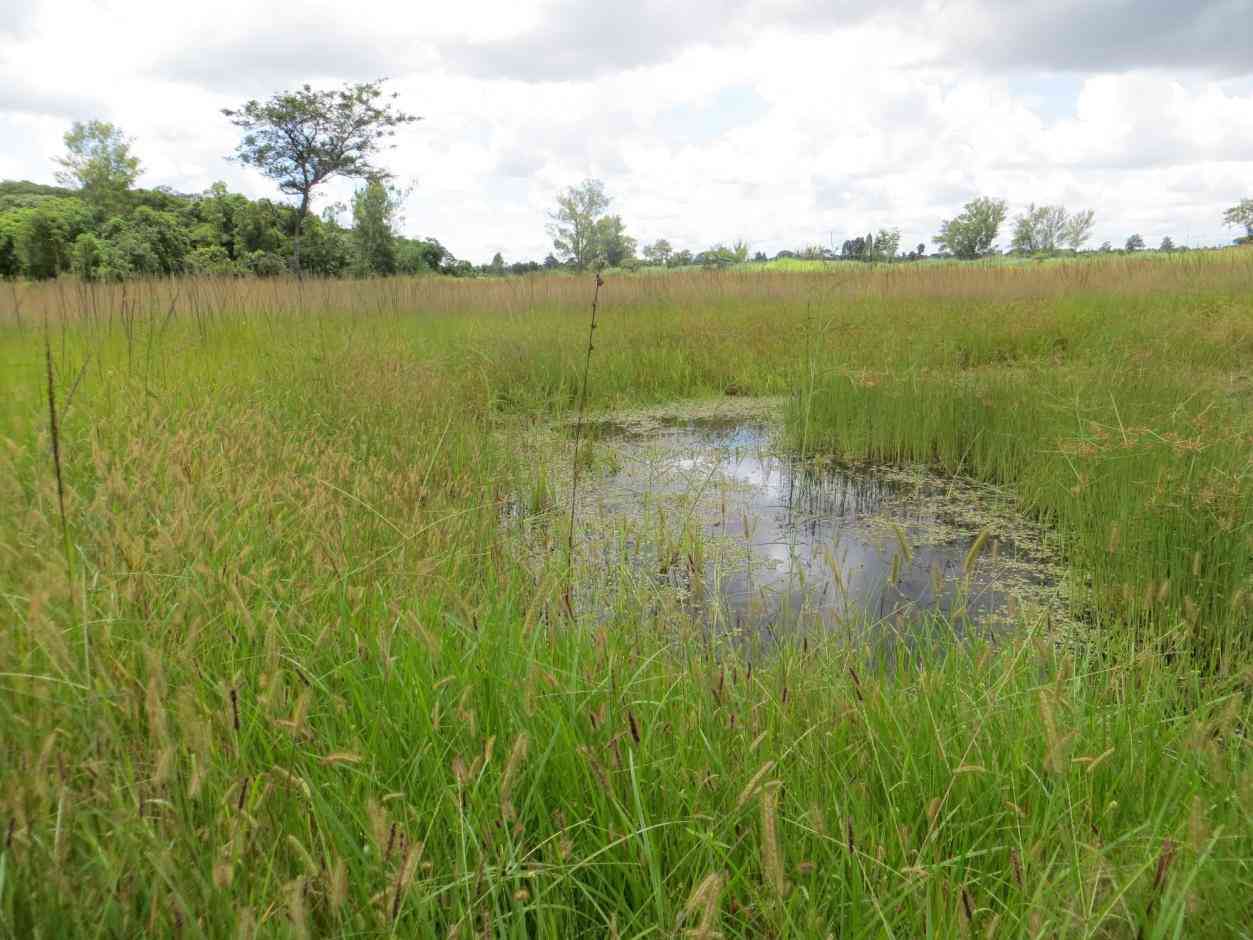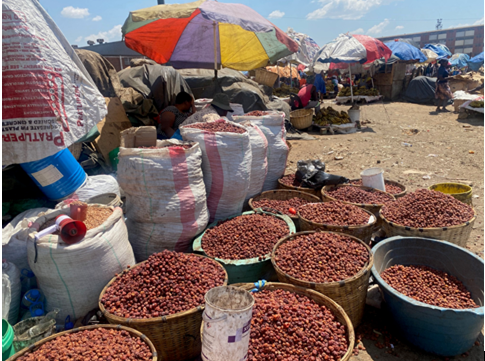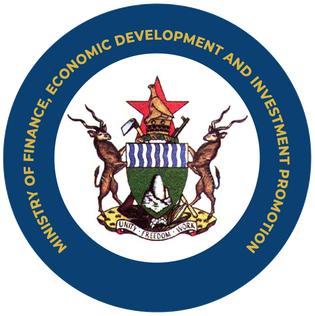
SINCE time immemorial, wetlands played a fundamental role to African communities’ sustainable livelihood options.
Legends and folklore provided lived experiences that situated wetlands within an intrinsic traditional ecological value, worldviews and African ideologies, beliefs and sacredness.
Wetlands are part of the oral history framework, with deep ecological and scientific value that has been preserved and has shaped the African ways of living for centuries to date.
In African contexts, wetlands have survived the test of times, with numerous isolated destinations in African communities having some wetlands as sacred where mermaids dwell, with mysterious water snakes in pools that never dry.
Most wetlands in Africa are inland, with every country having its fair share of its own wetland sites, sacred or not, spreading across the continent.
These wetlands are meaningful to African communities in several ways, ranging from environmental conservation, provision of freshwater sources, evergreen vegetation with fruit trees, floodplains regulating flooding, home to an assortments of flora and fauna and creature-colonies that provide surface and underground ecosystemic services.
This also includes diversity of plant life, reeds and swampy forests, grasslands and riverine woodlands and shrubs with medicinal value, which indigenous knowledge systems can tap into, providing community medicinal banks in the process.
African wetlands are among the most vibrant and valuable ecosystems that provide natural and forest resources that rural communities largely depend on.
- Open letter to President Mnangagwa
- Feature: ‘It’s worse right now than under Mugabe’: Sikhala pays the price of opposition in solitary cell
- Masvingo turns down fire tender deal
- Human-wildlife conflict drive African wild dogs to extinction
Keep Reading
Floodplains are home to grazing pastures in the dry season and deltas like the Okavango provides freshwater resources, diverse wildlife species, woodlands and tourist attractions turning wetlands into value addition.
It is also critical and significant to visualise and examine wetlands not in isolation, but in connection with population growth, with more people occupying space for building, including some wetlands for agricultural production.
With the passage of time, many wetlands were invaded by people in search of food until they dried up and turned into agricultural plots as well as for market gardening, because of their moist conditions.
Some wetlands that did not dry up are still being used for rice cropping, sugarcane and banana plantations, including shallow irrigation, among others.
These practices witnessed the symbiotic relationships between humans and wetlands beginning to break up as unsustainable human activities increased, while contributing to wetland damage and harm, rendering the relationship less binding and non-reciprocal.
This marked the beginning of wetland tampering and destruction while unlocking lots of carbon stocks trapped underground for years.
This also affected the interaction of bacteria, plants and animals, on the surface and under the surface for decomposition to take place.
When these natural systems and cycles fail to take place because of human disturbances and pressure, suffocating the ecosystems, then wetlands disappear in the process.
Most of the disappeared wetlands are beyond redemption and rehabilitation, they are now bare and unproductive landscapes, over-cultivated and neglected.
Nobody knew the consequences and meaning of these human activities until climate change came into play.
These are the actions that shaped global climate change narratives, which are here to haunt humanity for quite some time to come.
To fight climate change and preserve wetlands, conservation methods like agroforestry and ecology are key and sustainable.
Agroforestry involves land use management with combinations of trees and shrubs growing among crops or pastureland, while agroecology consists of ecological processes applied to agricultural productive systems, that are sustainable farming working in harmony with nature.
However, quite a number of wetlands are having increasing amounts of water being siphoned and diverted for market gardening, including excessive exploitation of wetland products by local communities.
Over-harvesting of wetland products and creatures have witnessed the disappearance of numerous bird colonies and plant systems that clothed and decorated many wetland areas.
To mitigate and adapt to the effects of climate change and build the most needed resilience, a variety of conservation measures and approaches that are both human and nature compliant need to be inculcated into schoolchildren when they are still young.
These measures and approaches include preserving trees, grasslands and water resources that are already there, while planting more fruit and indigenous trees and turning these wetland areas into community parks and gardens. Therefore, wetland conservation and rehabilitation should be at the heart of environmental sustainability.
Restoration and rehabilitation, awareness-raising and use of communication tools for wetland protection should be ongoing activities involving drama, role-plays, songs, poetry, photographic pictures of wetlands, wetland digital stories, school-based debates and public speaking, essay writing competitions, among others.
These become essential components of life-long learning and as part of the traditional ecological knowledge also known as indigenous knowledge systems for the inculcation of ecological values, beliefs, sustainable worldviews and ideologies.
Multi-stakeholder approaches are required not to wait for February 2 every year to dramatise and act.
While commemorations are good, they are filled with drama rather than reality, too much grandstanding, pretence and being television savvy.
Also, regions where people fully depend on wetlands for survival require ownership and incentives for people to perform various climate protection services in good faith.
These are projects and programmes designed towards maintaining and conserving the surviving wetlands.
While many traditional milestones on wetlands have been overtaken by technological events, integration is also key and transformative as technological innovations on their own will not be able to deliver people from wetland poverty and engage in cultural practices that bind communities together.
- Peter Makwanya is a climate change communicator. He writes in his personal capacity and can be contacted on: [email protected]











